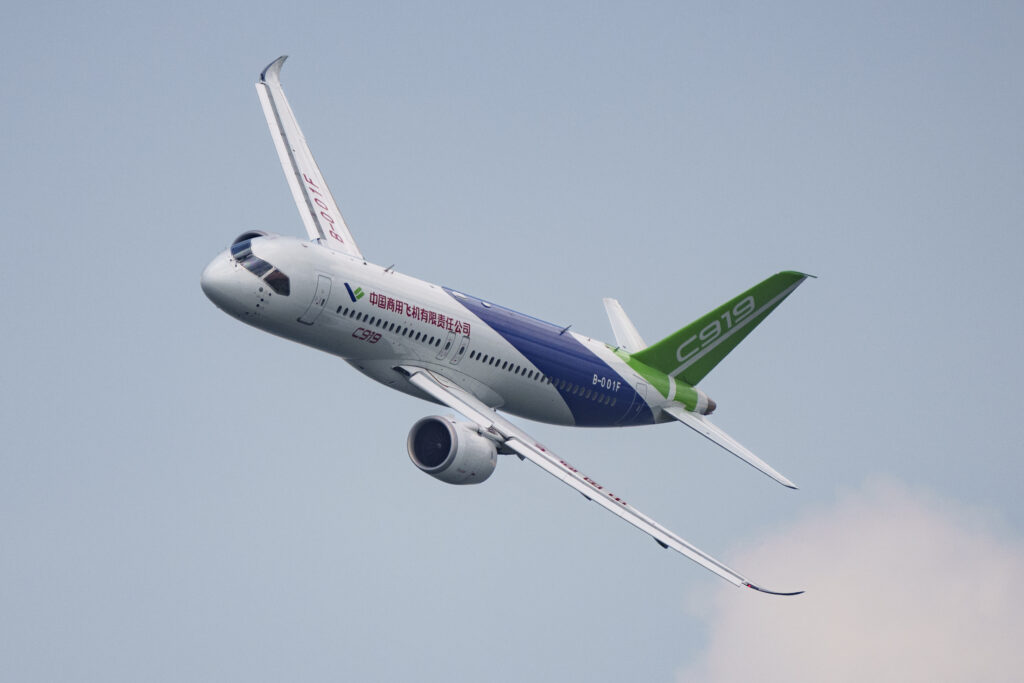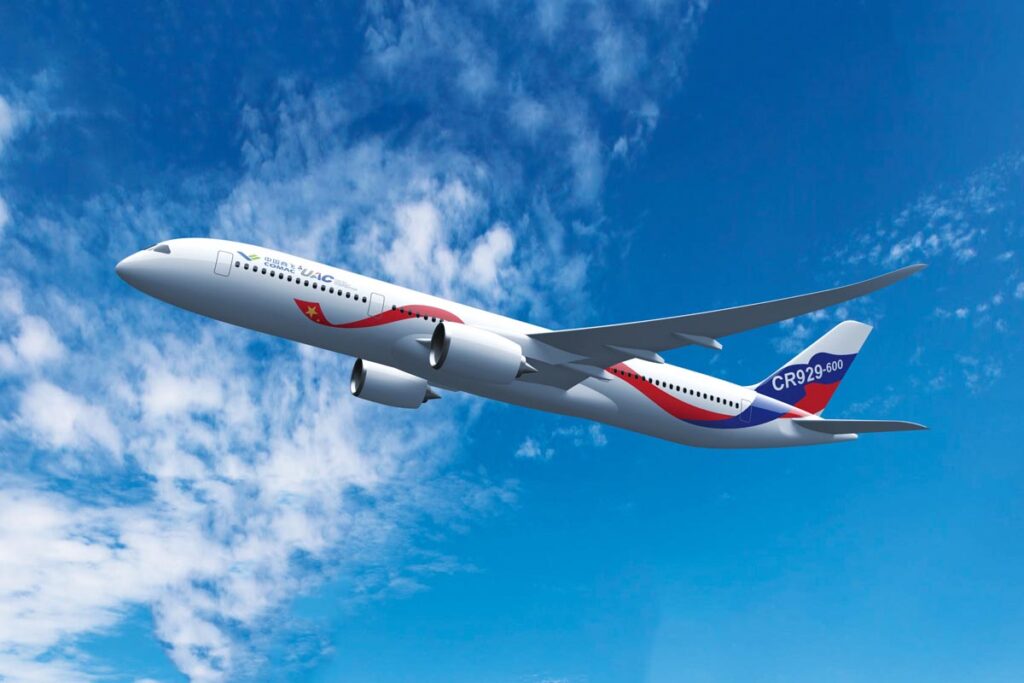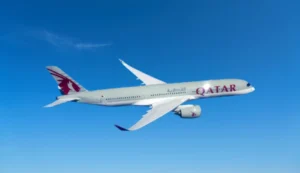COMAC Set to Disrupt Airbus-Boeing Duopoly
Chinese aircraft manufacturer COMAC is poised to challenge Airbus and Boeing’s dominance in the passenger jet market, driven by strong demand in China and regional markets and the ongoing challenges faced by the two aviation giants.

Photo Source: The National
Chinese state-owned aircraft manufacturer COMAC is set to challenge the dominance of Airbus and Boeing in the passenger jet market over the next decade, according to Dubai Aerospace Enterprise (DAE) CEO Firoz Tarapore. As Airbus grapples with production issues and Boeing faces regulatory scrutiny, COMAC’s C919 jet emerges as a viable competitor to the Airbus A320 and Boeing 737 MAX.
COMAC’s C919, primarily operating within China and with one Indonesian airline, is seeking certification from European aviation regulators to expand its international presence. Despite hurdles such as the need for U.S. and EU certifications and more efficient aircraft designs, Tarapore believes the demand for aircraft in China and neighboring regions provides COMAC with a significant opportunity to penetrate the market.
The surge in global travel post-pandemic has led to increased aircraft orders. However, supply chain disruptions and maintenance issues have delayed deliveries from Airbus and Boeing, drawing attention to COMAC. Airbus has reported that its A320 production slots are sold out until the decade’s end, while Boeing continues to face production and safety challenges.
DAE, one of the top 10 aircraft lessors globally with a fleet of 500 aircraft, has experienced delays in receiving aircraft from Boeing, with only half of the expected deliveries this year. Tarapore anticipates a future where COMAC plays a significant role in the industry, potentially transforming the current duopoly into a triopoly.

Another factor bolstering COMAC’s potential success is the strong support from the Chinese government. This backing ensures substantial financial resources and favorable policies, helping COMAC overcome many of the barriers typically faced by new entrants in the highly competitive aerospace industry. This support, coupled with China’s significant domestic market, provides a stable foundation for COMAC’s growth and international expansion.
However, COMAC’s path to breaking the duopoly is not without challenges. Achieving international certification from authorities such as the FAA and EASA is crucial for global acceptance. Additionally, COMAC will need to prove the reliability and efficiency of its aircraft over time. Success stories and positive feedback from initial operators will play a key role in building confidence among potential customers outside of China.






